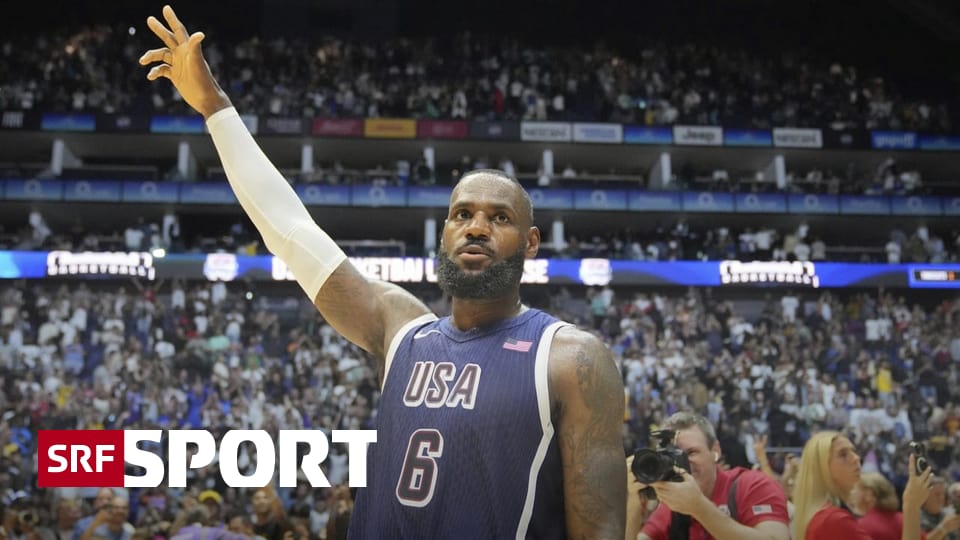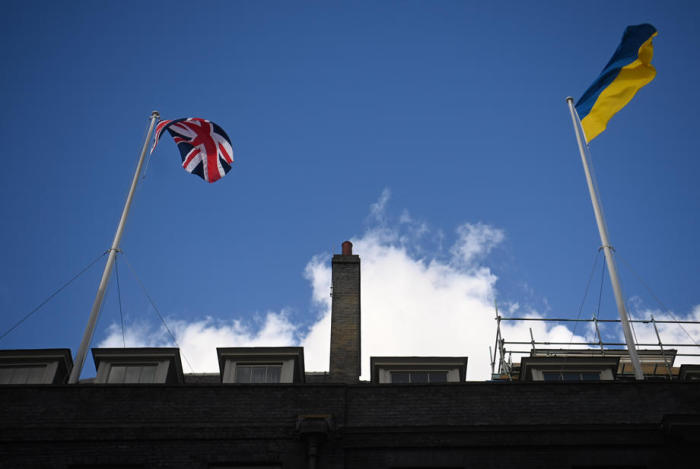The flag of Ukraine (R) flies in solidarity with the flag of the United Kingdom over 10 Downing Street in London. Photo: EPA/Neil Hall
London / Geneva: So far, the oligarchs of Russia have been able to count on the fact that they and their money are welcome in European capitals. After Putin’s attack on Ukraine, they are increasingly targeted by Western governments. But you don’t have to worry yet.
They love luxury, art, and a good education for their children: Russian President Vladimir Putin has endowed a network of friends and old comrades with impressive influence and fortune. It allows others to do what they want in exchange for loyalty.
Many of these rich people are in the capitals of the West: London, Paris, Geneva and Berlin are their playgrounds and their money is welcome. After Russian forces invaded Ukraine, Western governments now want to hit the henchmen and oligarchs with targeted sanctions, striking at the heart of Putin’s regime – but experts doubt the seriousness of this intention.
British Prime Minister Boris Johnson recently protested in the House of Commons in London against his own efforts, earning much hatred from the opposition benches: “In my opinion, it is inconceivable that the government should do more to discover the corrupt Russian money.”
London this week imposed sanctions on only eight ultra-rich people close to Putin. And according to critics, those who would be hurt the most were saved. The British capital is sometimes mocked as “Londongrad” because the Russian oligarchs feel comfortable there and they launder money diligently.
According to Transparency International, UK property worth £1.5 billion is owned by Russian citizens accused of corruption. A quarter of it is in the Westminster government area of London. The capital of companies registered in the United Kingdom and linked to cases of corruption and Russian money laundering is about 98 billion euros.
British journalist and writer Oliver Polo, who has dealt with corrupt elites and money laundering for years, is disappointed with the sanctions so far. He does not believe that the right people are being beaten up and believes that Western sanctions against individuals are too lenient.
“Most of the wealth in Russia belongs to a very small group of people and we know who they are,” he said in an interview with the German news agency dpa, referring to a list compiled by imprisoned Russian dissident Alexei Navalny with the names of 35 oligarchs and Putin. Close associates are calling for their family assets to be frozen as well. What prevents politicians from taking more decisive action is the good work they and wealthy people from other countries bring to the City of London and other sectors.
Even expert Elizabeth Schimpfussel, who teaches at Aston University in Birmingham, doesn’t consider sanctions enough. She said in an interview with the German news agency (dpa) that only when a “critical mass” of people close to Putin and other members of the minority is affected can they influence the behavior of the Russian president. Putin also counts on their support and cannot risk much resentment.
But another problem is that in Great Britain in particular, it is easy for the oligarchy to hide their ownership with the help of shell companies and corrupt men. Information is seldom verified through commercial records. Johnson recently promised to bridge that gap, but similar promises have been around for a long time. So far nothing has happened.
What does add to Johnson’s Conservative credibility is the fact that he is happy to receive money from generous donors linked to Russia. According to Labor calculations, the party has received the equivalent of about 2.3 million euros since Johnson took office in 2019 from Russian citizens or from people with close business ties to Russia. Officially, the donors are all British, because the generous “golden” visa system paved the way for the super-rich to dual citizenship until recently.
But it’s not just Great Britain: Switzerland is also a particularly important financial center for Russians. According to National Bank figures, Russian assets worth about 15 billion Swiss francs (14.5 billion euros) were held in Swiss accounts in 2021. Another billions flow into Switzerland every year. In addition, according to estimates, 80 percent of Russian raw materials are traded in Switzerland. Few like Gennady Timchenko, Putin’s friend, live in Switzerland.
With that said, the Swiss government vacillates when it comes to sanctions. It does not want to impose its rule, said Federal President Ignacio Cassis, referring to neutrality. This is also controversial in Switzerland itself. According to the government, it wants to do everything in its power to ensure that it is not used to get around sanctions in the European Union, for example. What exactly is still not clear.
After a confused press conference on Thursday, one thing was clear above all: Russian accounts will not be frozen. Russians subject to sanctions in the European Union can freely dispose of their money in Switzerland. “Vulnerability is hidden behind the phrases,” one journalist commented after the press conference on Twitter. Neue Zürcher Zeitung wrote that “neutrality is a fig leaf”.

“Alcohol buff. Troublemaker. Introvert. Student. Social media lover. Web ninja. Bacon fan. Reader.”







More Stories
Bosch buys heat pump business from US company: Here’s why
The Body Shop files for bankruptcy in the UK
Kaspersky: All employees in the US must leave – business activities will be terminated